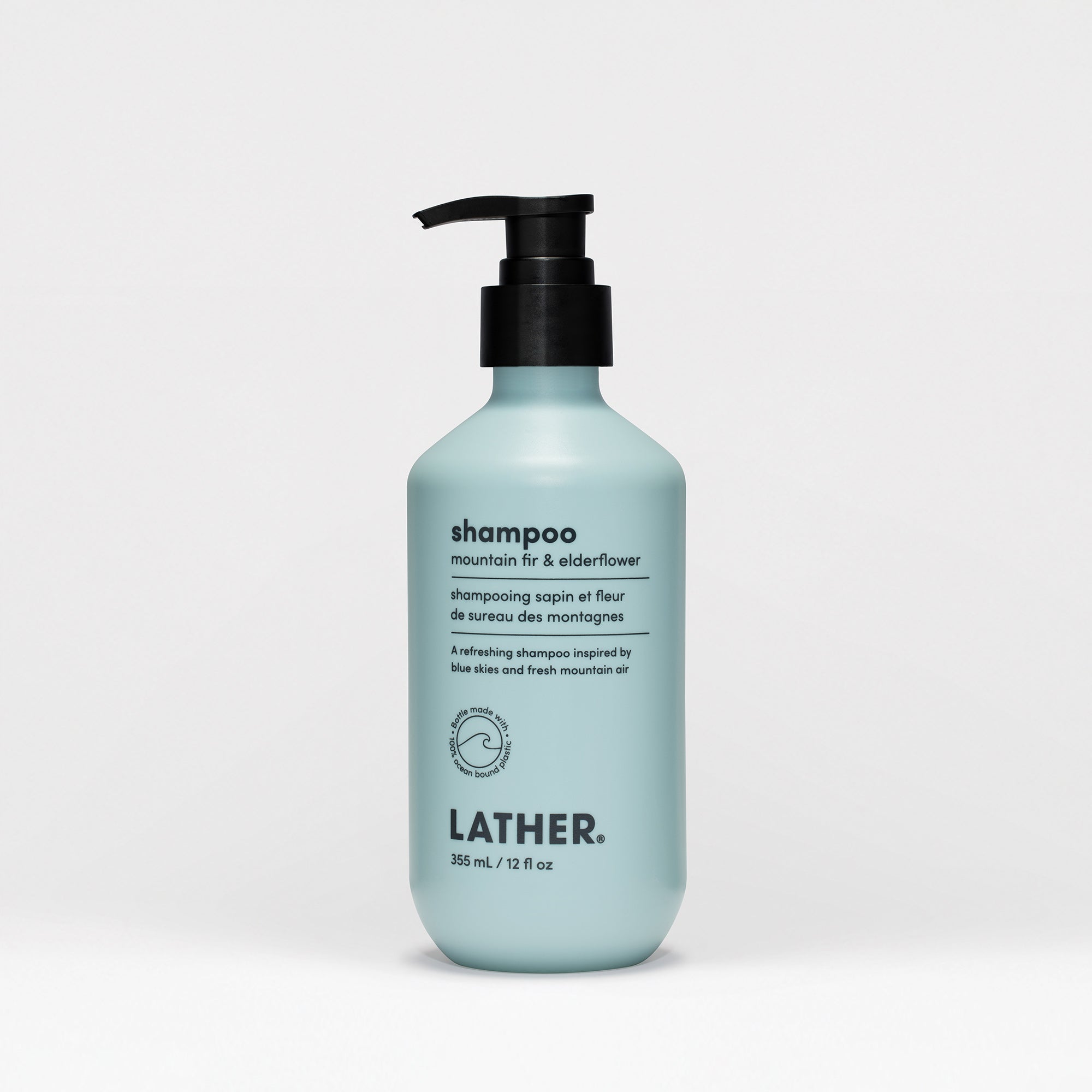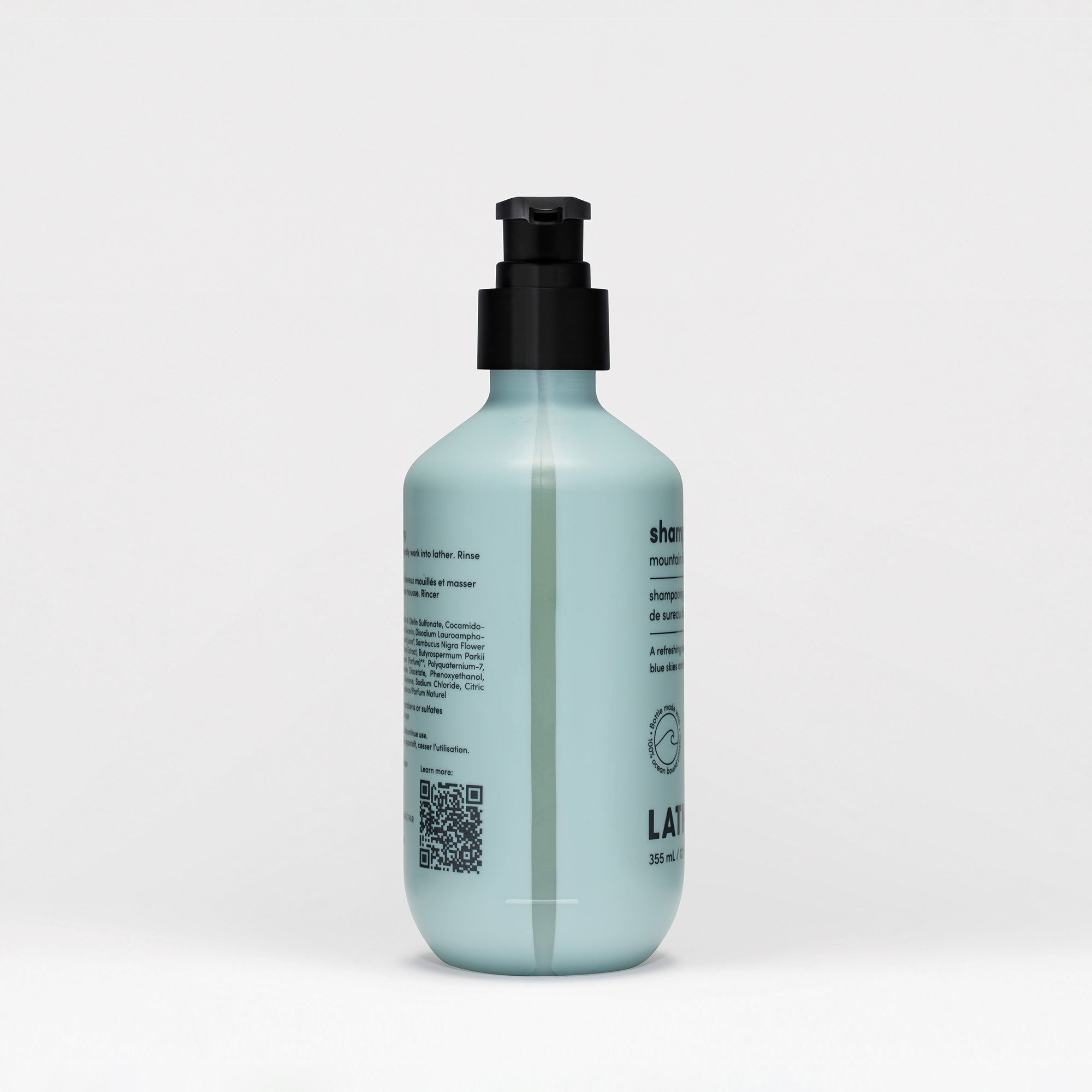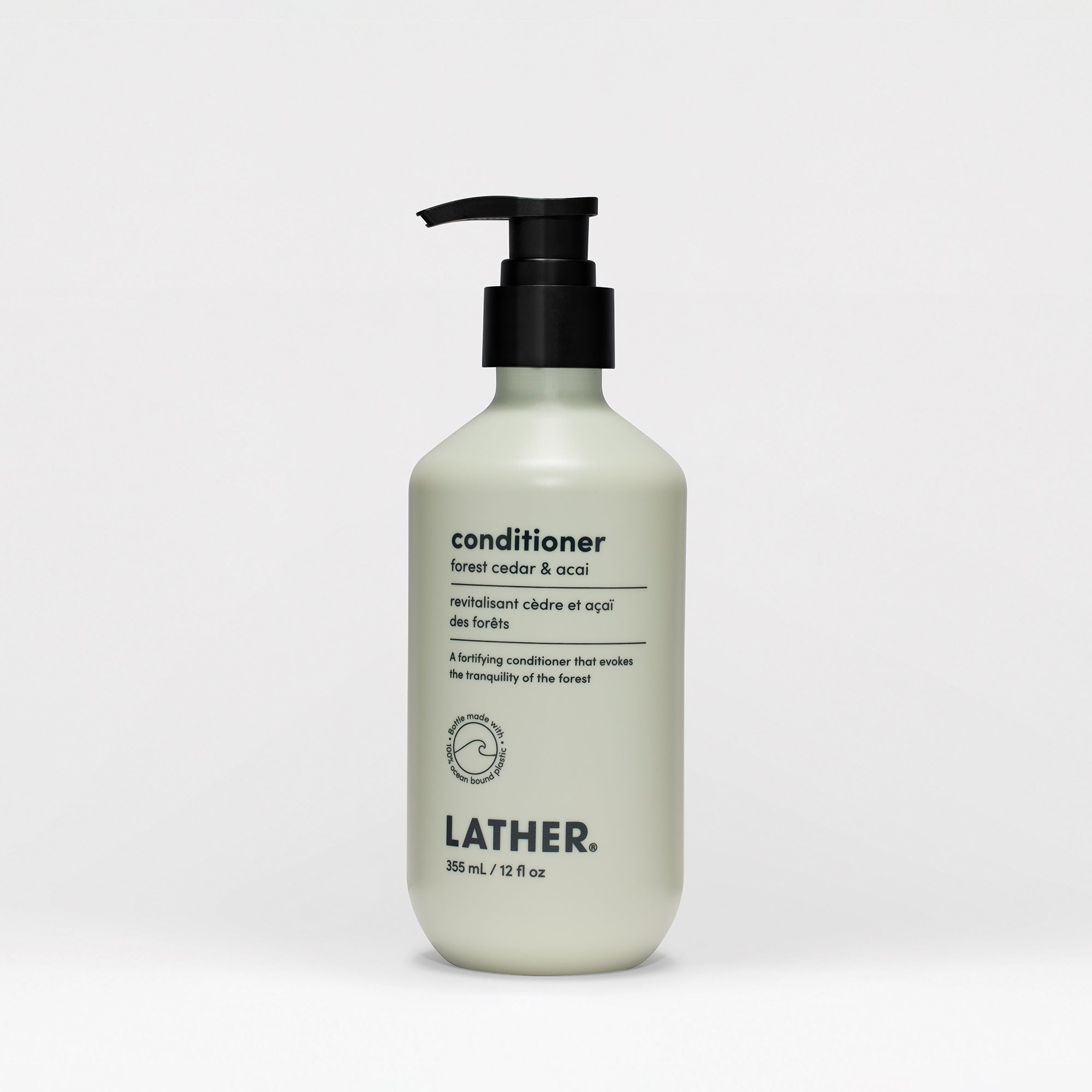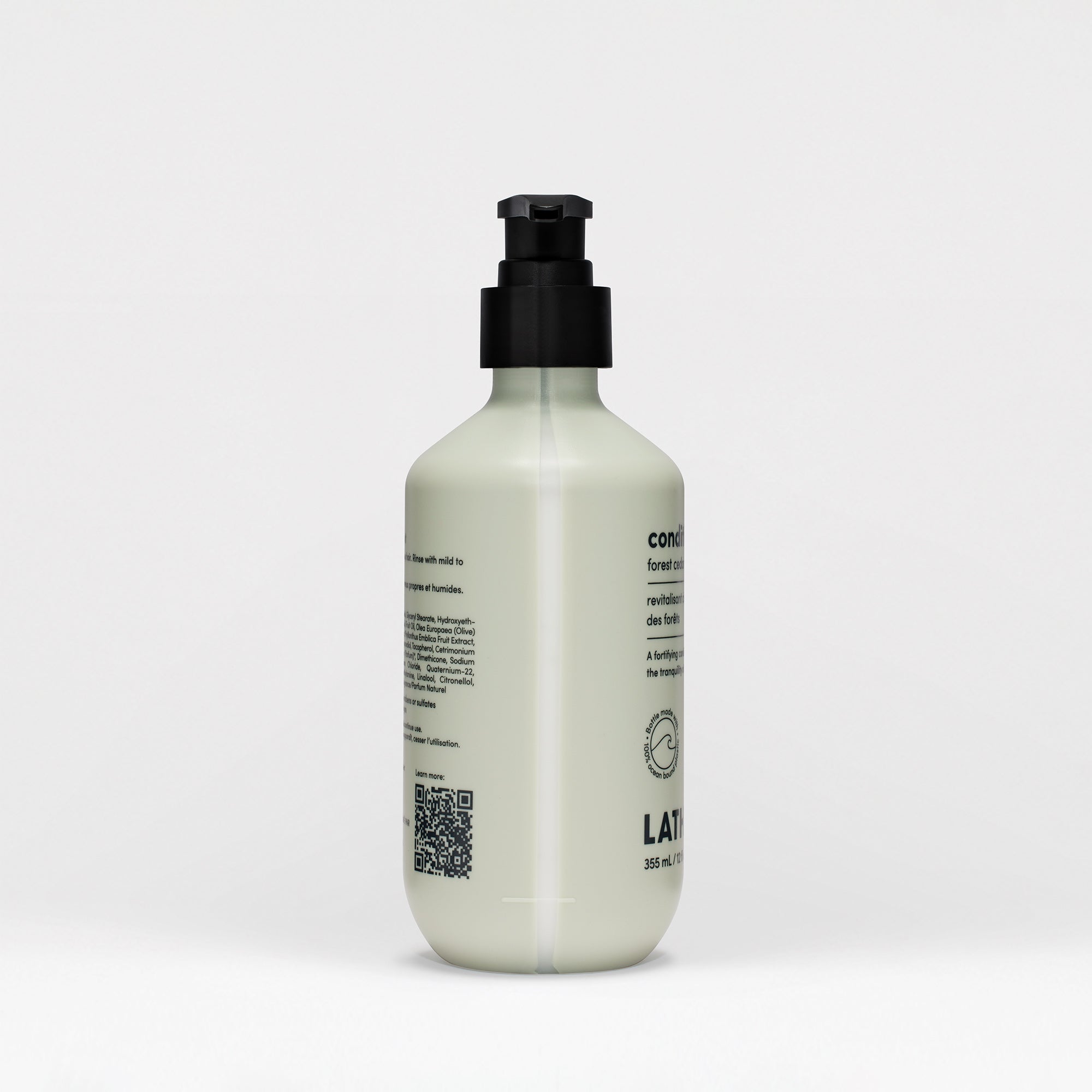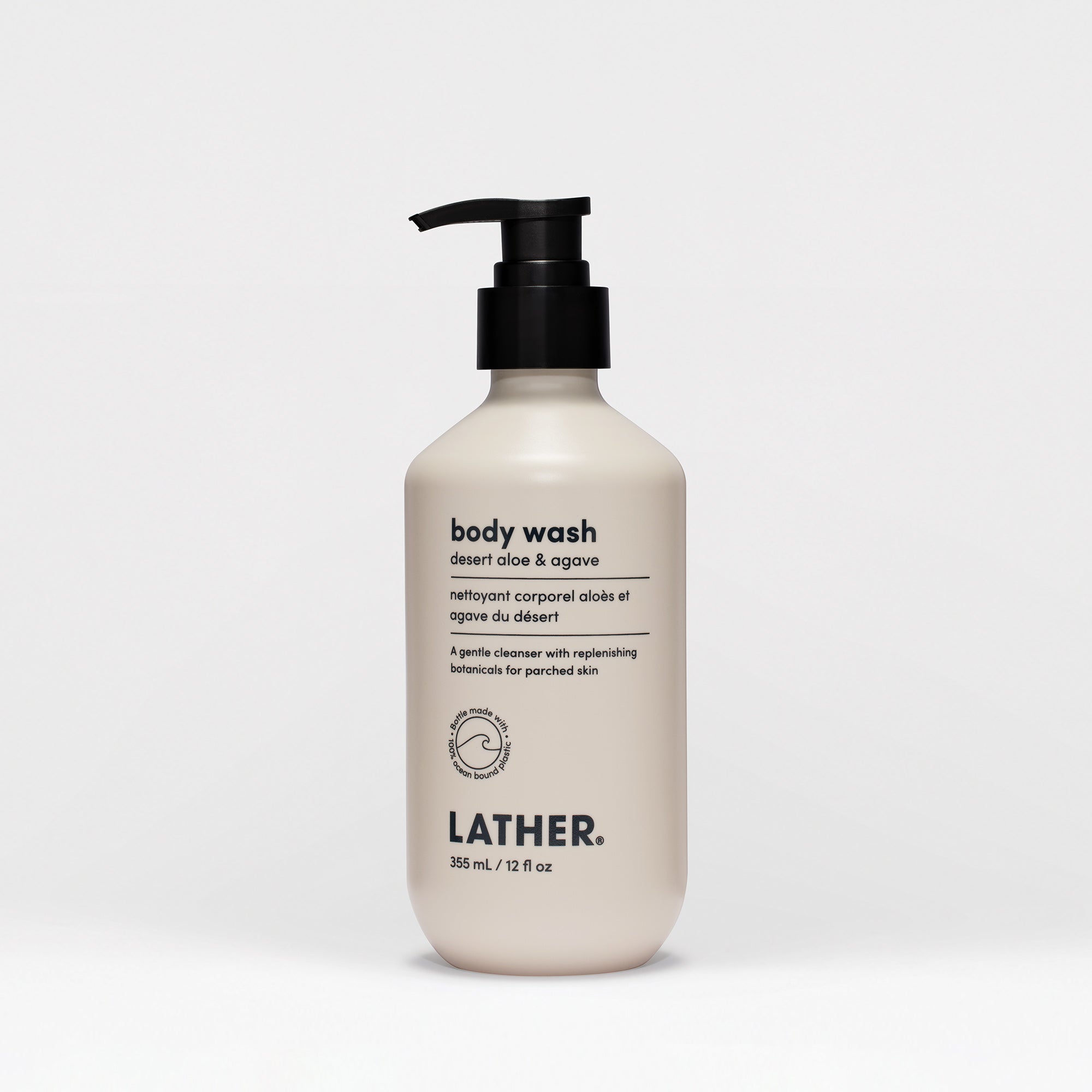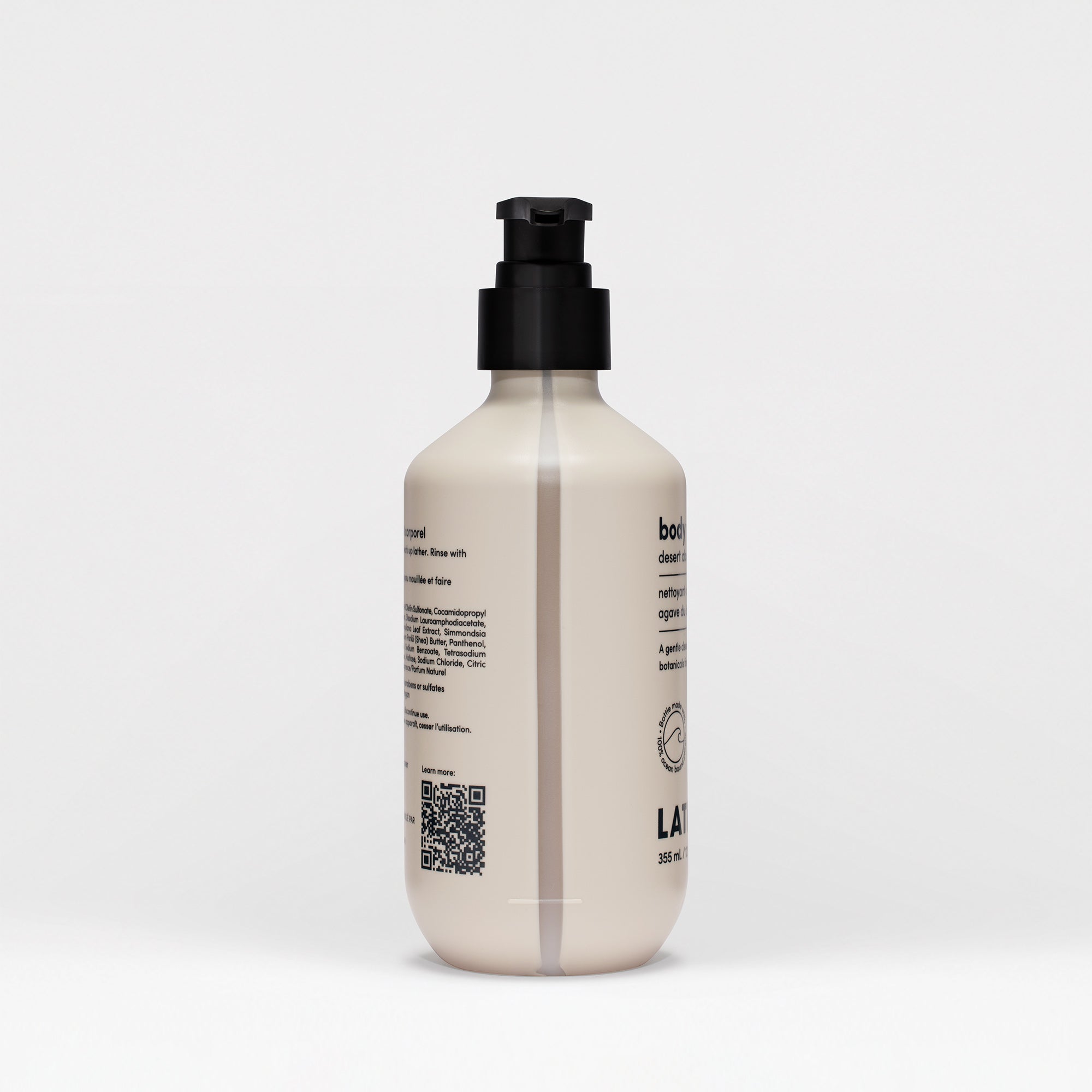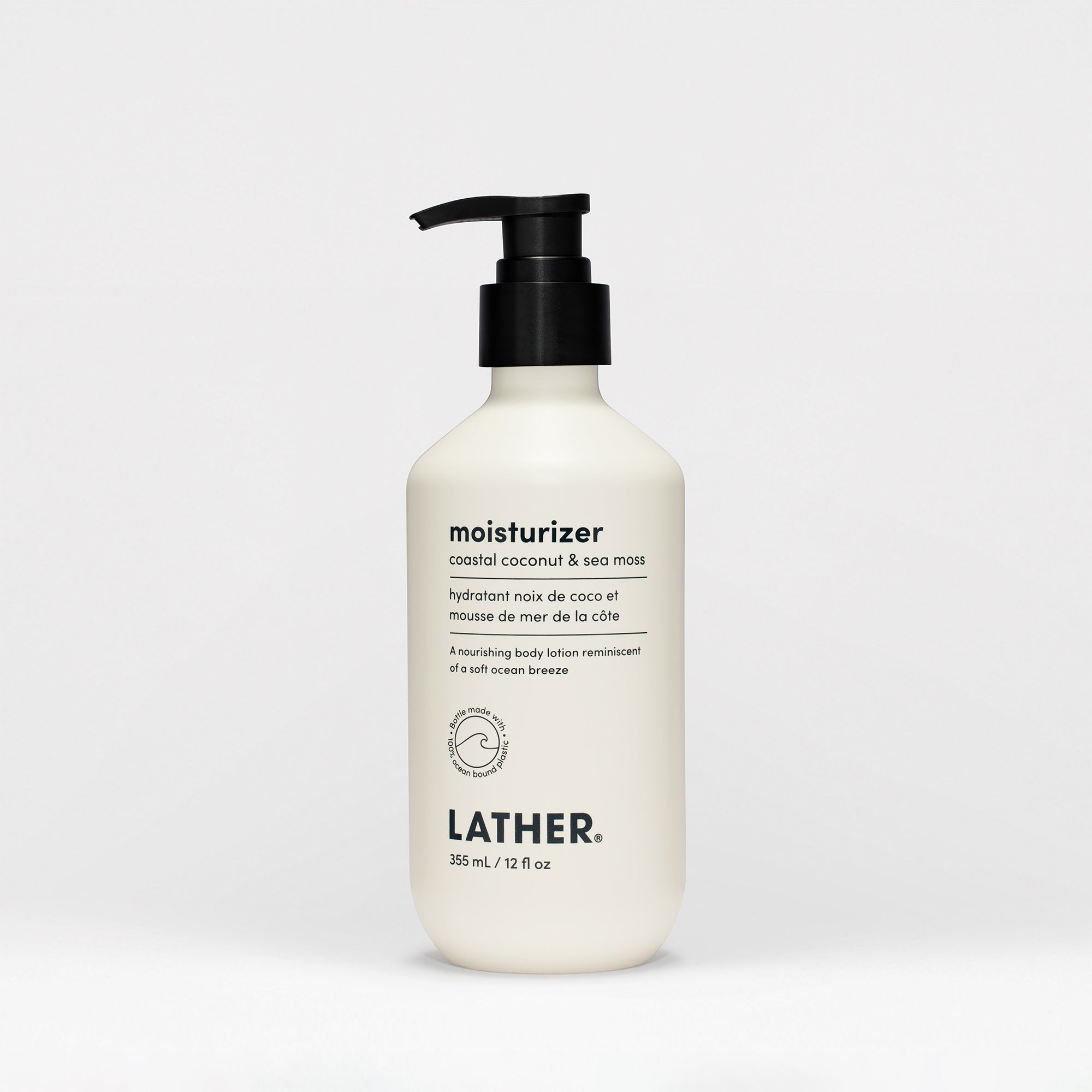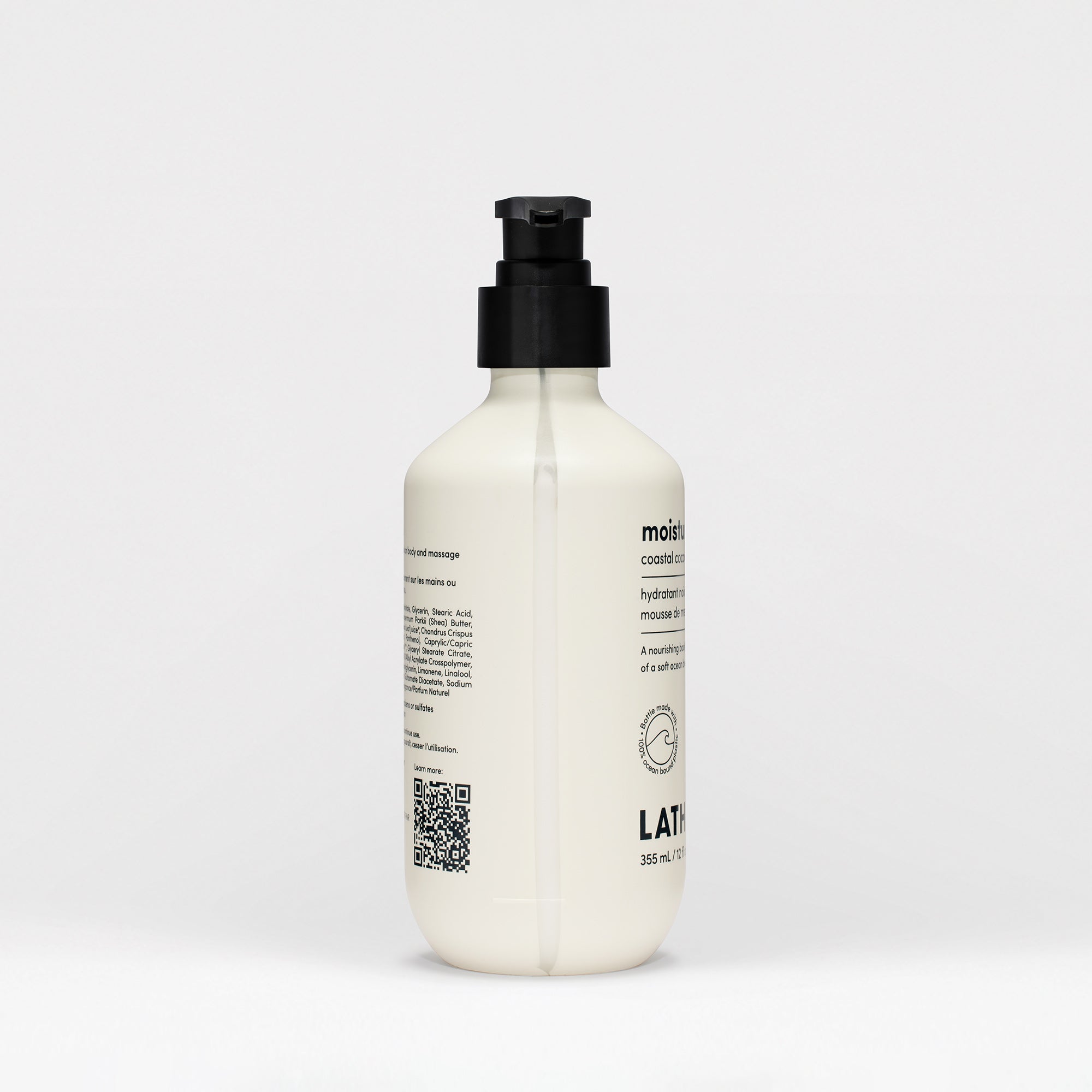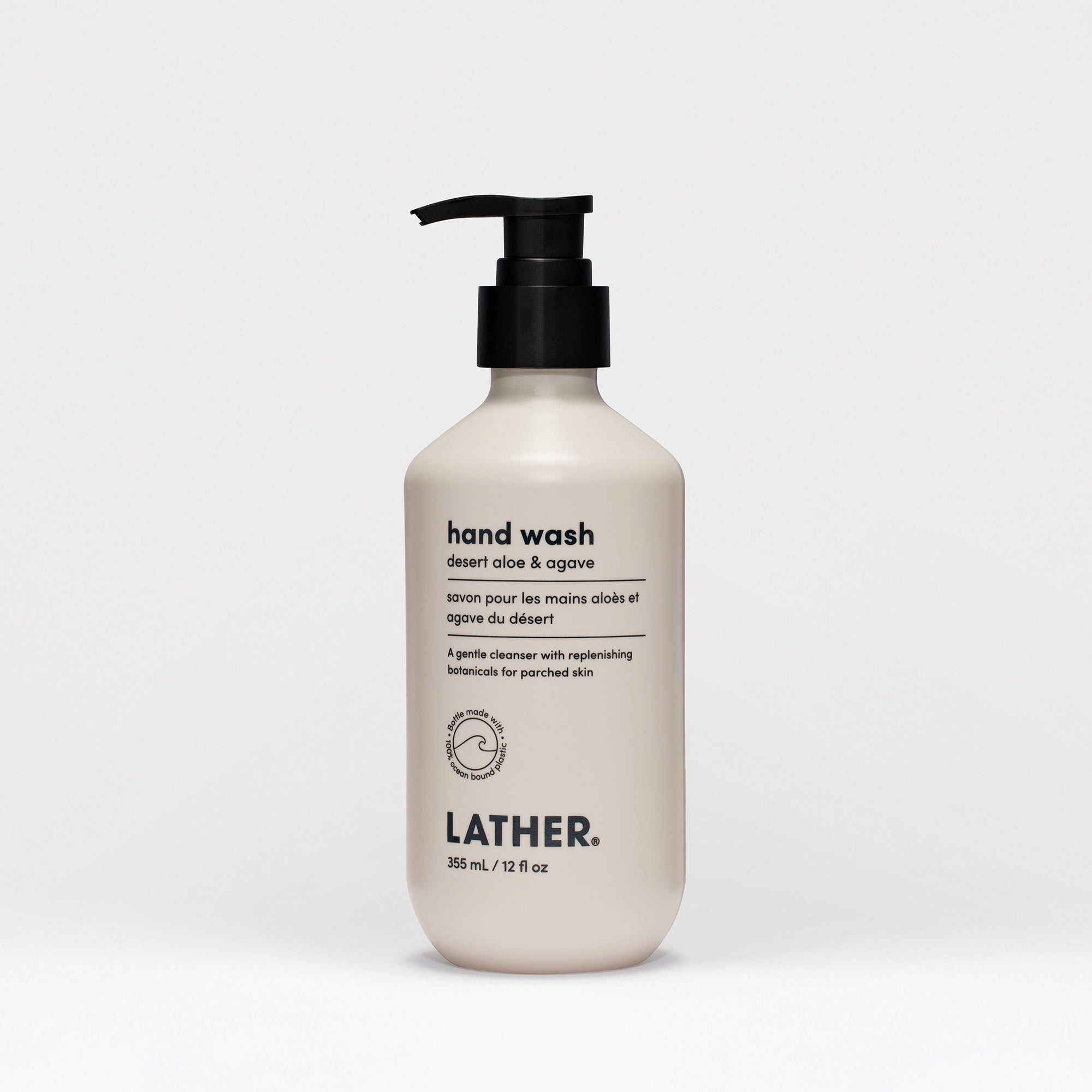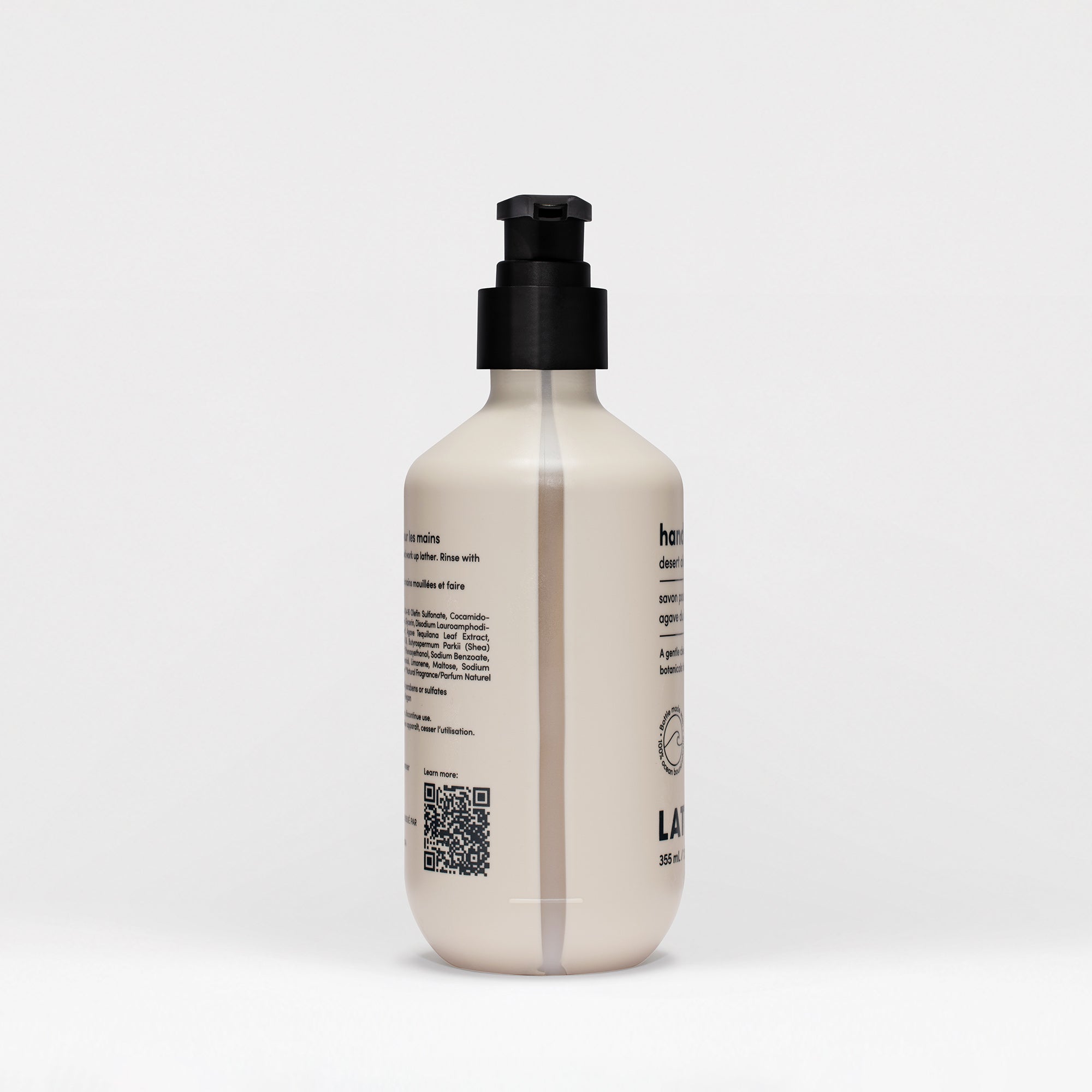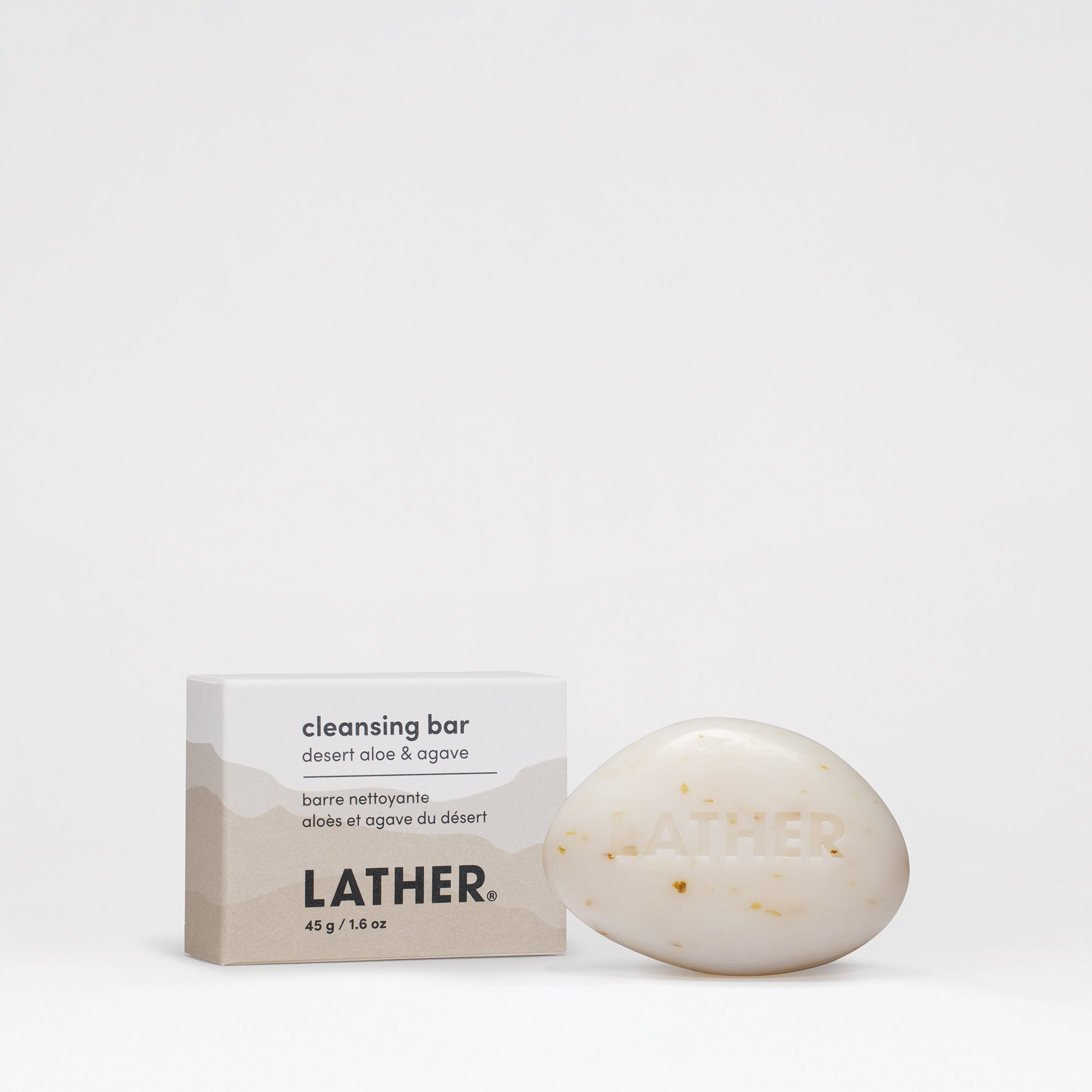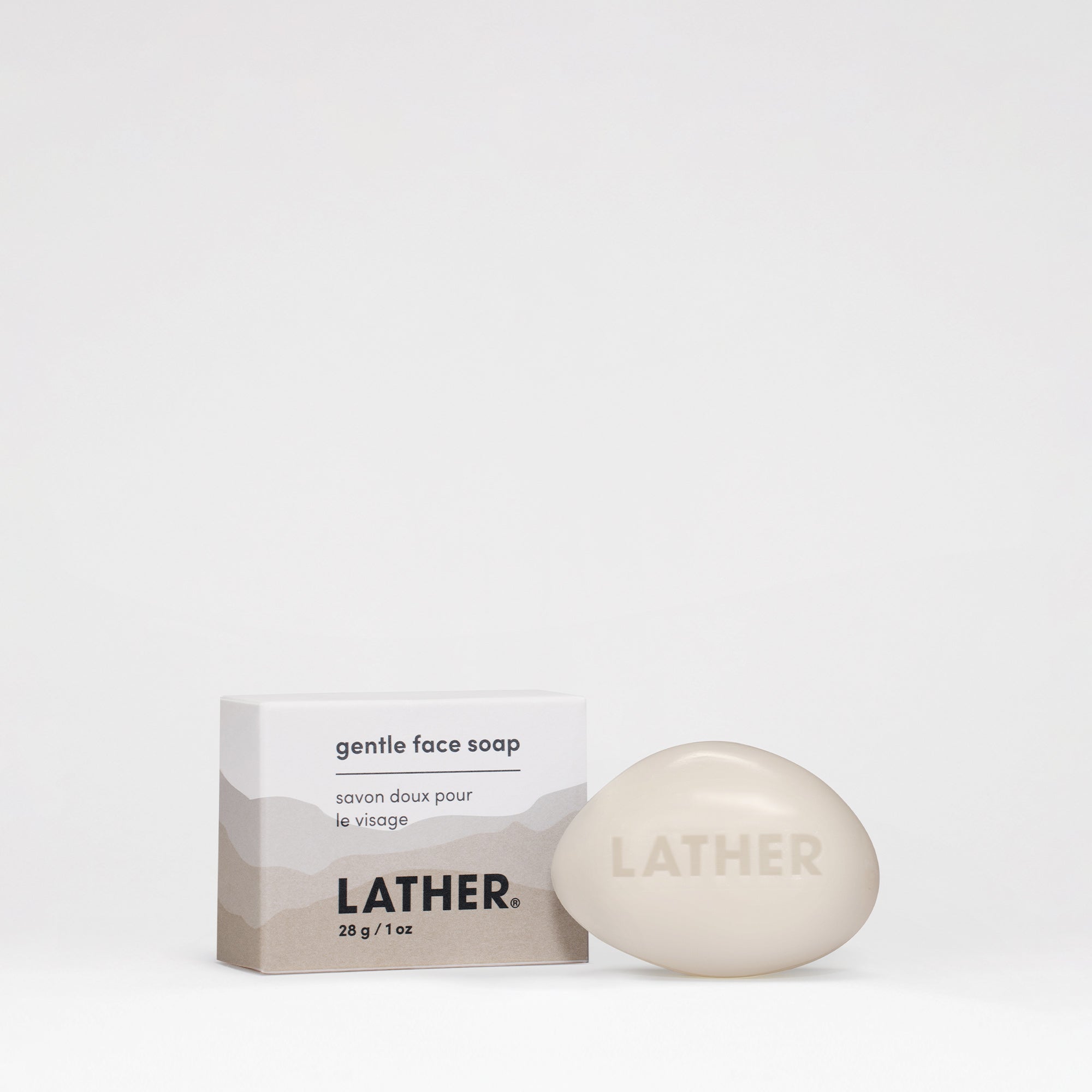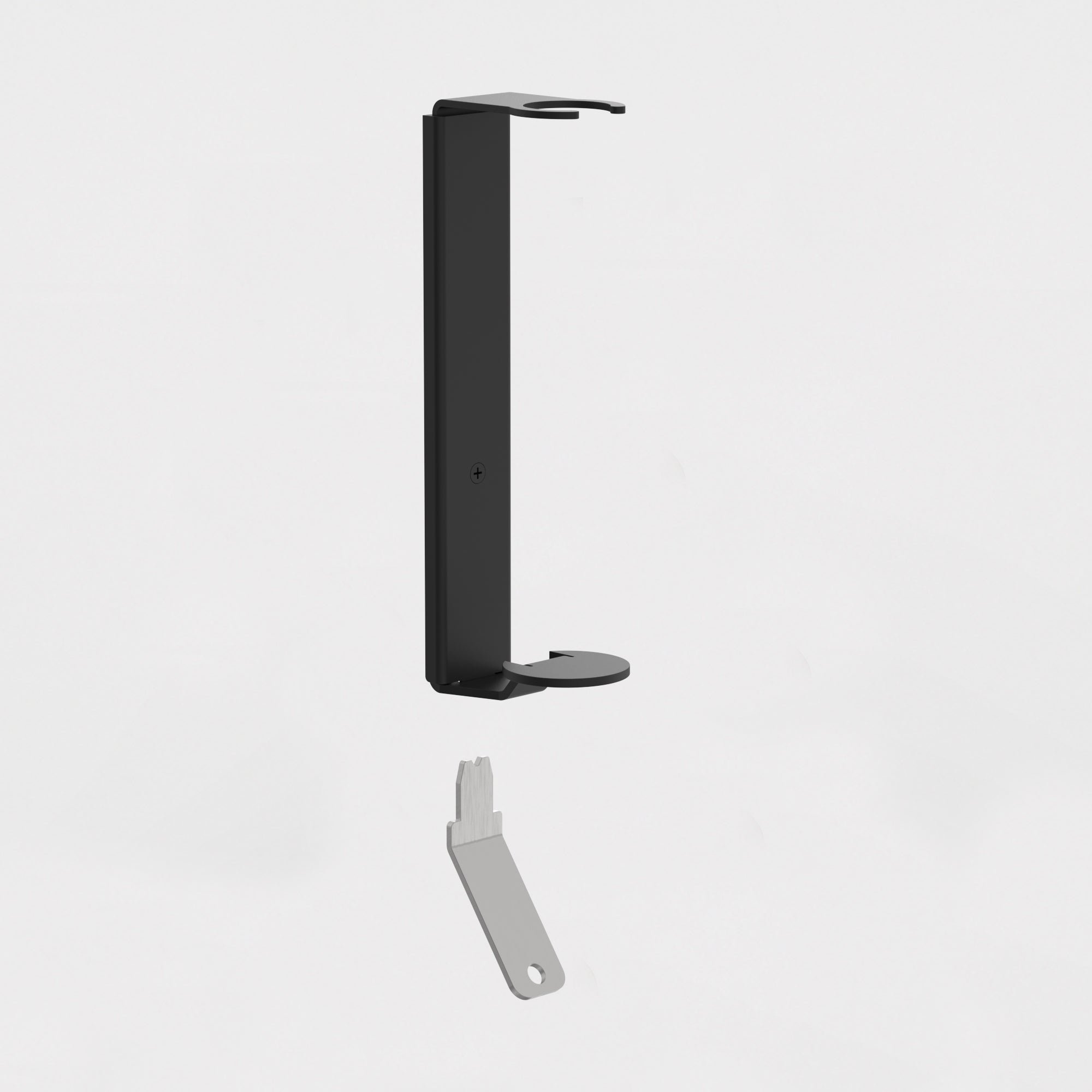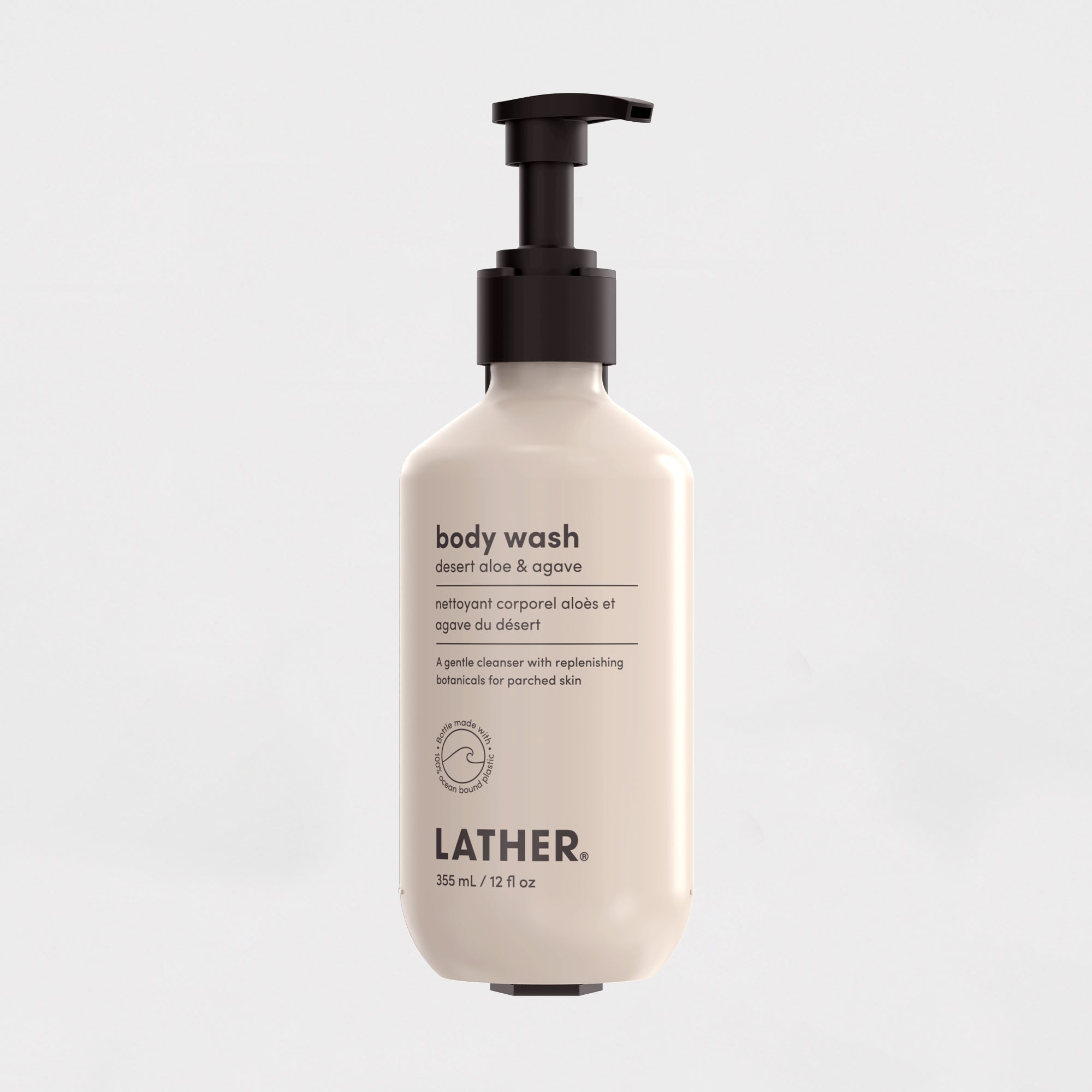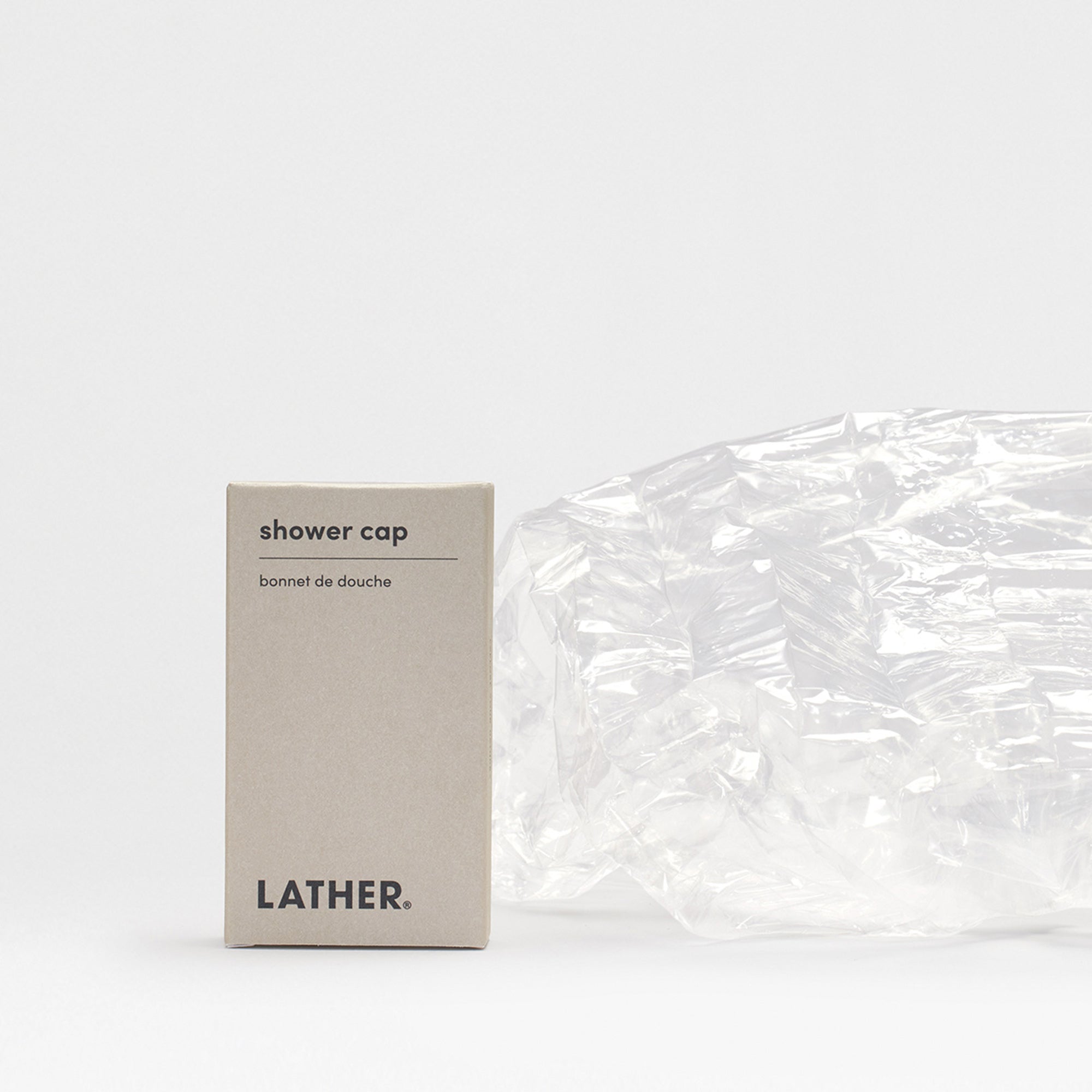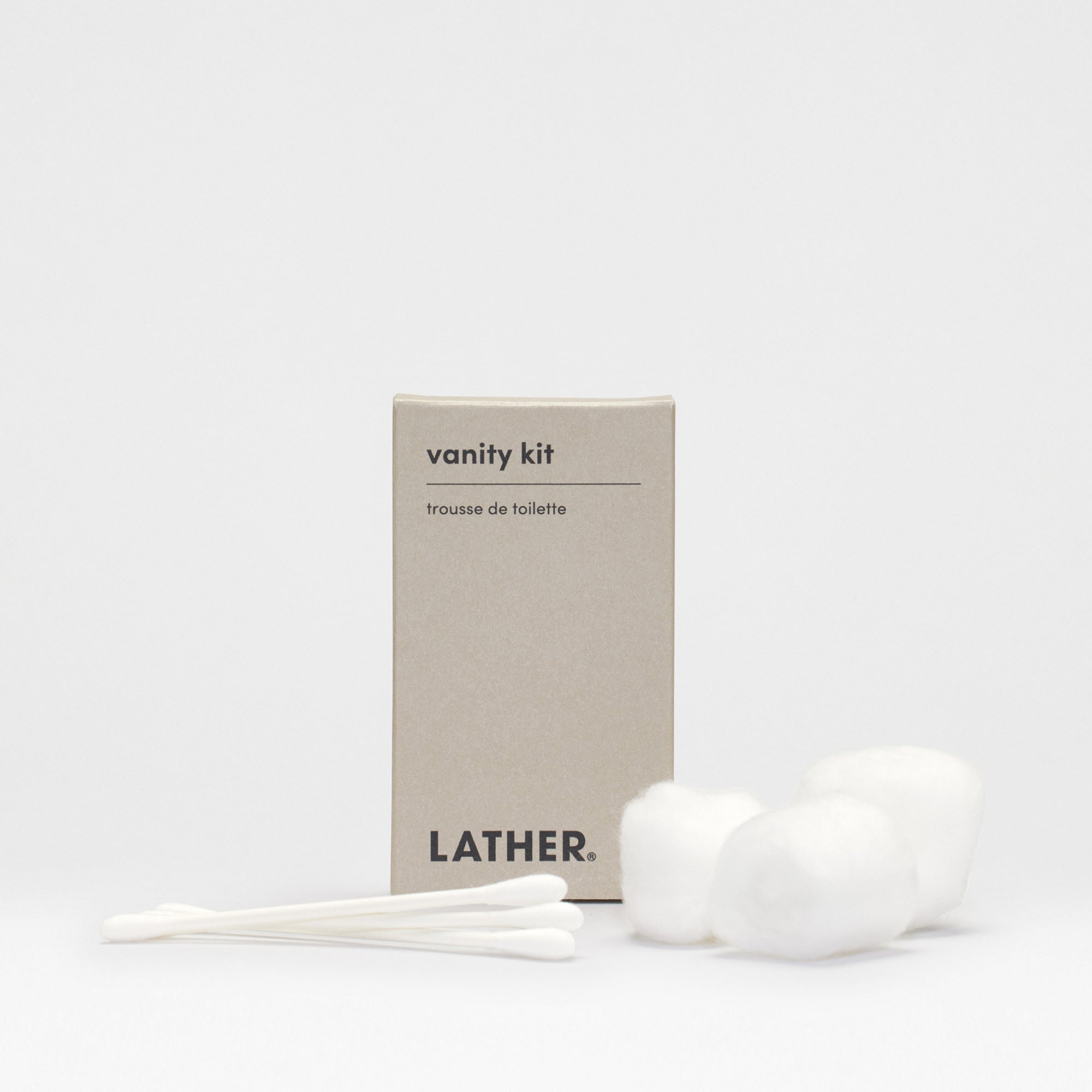For this edition of Beyond the Lobby, we’re excited to sit down with Amy Colbourn, a seasoned expert in hospitality marketing and Managing Director of Monogram Agency. Amy has an innate ability to connect with guests through storytelling and human-centered branding. Her expertise in redefining brand architecture and evolving guest expectations makes her a standout leader in the industry.
In this conversation, Amy shares insights on how the definition of wellness in hotels has transformed, the importance of authenticity in brand positioning, and how hoteliers can continue to meet the needs of today’s more sophisticated, wellness-seeking traveler. Whether you're in hospitality or simply passionate about marketing experiences, Amy’s perspective is sure to offer invaluable takeaways.
Can you share how you first got started in the hospitality industry and what drew you to focus on marketing for hotels and resorts?
Having a career focus in hospitality really started for me with gambling and casino marketing, since oftentimes integrated resorts have casinos. I couldn’t really articulate it as such at the time, but I came to realize that I like marketing experiences more than I do products. I feel comfortable in the gray area and get excited about being able to define something intangible. It’s essentially marketing the invisible which is done by defining the intangible benefits that are the ultimate drivers in human desire. I started with local casinos, then regional resorts, and eventually I kind of “grew up” as my interest evolved to focusing more on upscale and luxury resorts.
Having focus and offering specialization allows for greater depth of understanding. I’m able to understand the nuances of the consumer and speak the language of hospitality which translates to faster, smarter marketing.
You've had an extensive career in hospitality marketing. How have you seen guest expectations evolve over the years, especially with the growing importance of wellness in the hotel industry?
Generally speaking, the consumer has become more sophisticated and more empowered because they have more access to information. What has happened in terms of wellness is that the expectation has evolved from at first meaning physical wellness to now being more about holistic wellness focusing on mind, body, and spirit. All of these elements have to work together like an orchestra so properties focus on orchestrating programming and amenities to deliver a greater sense of wellness for guests.
When redefining the brand architecture for hotels and resorts, how do you ensure the property's unique story remains authentic while adapting to the modern traveler’s needs?
Great question. The thing is that all brands are grounded in truth, that's the authenticity factor. You can’t build a brand on what you want it to be, it must be grounded in its existing equities. In fact, truth is the ultimate consumer currency. To maintain authenticity in brand positioning and messaging strategies, the brand ethos must also be rooted in truth. Building a brand always starts with the brand equity along with an equal balance of the vision, the emotional needs of the consumer and the landscape in which it must compete.
You've worked with highly competitive hotel and resort markets. What advice would you give to hoteliers looking to stand out in an industry where guest personalization and unique experiences are becoming key differentiators?
When it comes to hotels and resorts, the uniqueness comes down to two things: place and people. The authenticity of the location, its culture and the human interaction between team members and guests is what makes the place unique. Then it comes down to how to articulate the uniqueness and express it to the world. The best hotels and resorts make their service level a competitive advantage. The service element is what defines the experience. Without human interaction, it’s really just walls, rooms and furniture.
Loyalty programs are crucial for driving repeat business in hospitality. How do you think hotel loyalty programs need to evolve to meet the desires of today’s travelers, who increasingly seek wellness and experiential offerings?
These days loyalty is less about counting points and redeeming deals and more about adding value through personalized curated experiences.
Generating loyalty is about being able to consistently deliver a promise. When you meet guest expectations, consumers have a greater sense of satisfaction which leads to greater sense of perceived value, which leads to loyalty. It’s a self fulfilling prophecy. Customers who trust brands to deliver on the expectation have a greater sense of loyalty. Loyalty programs are only half of developing a value proposition. The other part is emotional, it’s about perception. The two parts must work together. True loyalty isn’t transactional.
Wellness has become a core value in hospitality rather than just an added amenity. How do you see hotels integrating wellness into their guest experience in a way that feels authentic and meaningful?
For sure, wellness has certainly become a core value. For hospitality brands to deliver a successful wellness component they really have to approach it holistically. This means delivering carefully orchestrated elements such as healthy food options, educational components, life enriching activities, opportunities to detach from digital, luxurious amenities, sensory inspiring elements, and programs that make people feel better than they did when they arrived. Wellness means approaching elements in all aspects of the property, its programs and amenities.
Are you a hospitality industry leader with a story to share? We'd love to feature you in our exclusive "Beyond the Lobby" series. Sign up here.

